One of the most common questions I get asked about owning rental properties is how to deal with bad tenants. Truth be told, bad tenants aren’t as common as people tend to fear, but it’s still possible to find yourself in challenging scenarios. A tenant’s financial situation could change and monthly payments may no longer clear the bank, all sorts of tricky situations may arise. The most important thing to keep in mind as you enter the world of rental properties is to keep a cool head, and follow my guidelines for handling tricky tenants.
Scott McGillivray is a real estate expert and host of HGTV Canada’s Income Property and Moving the McGillivrays.
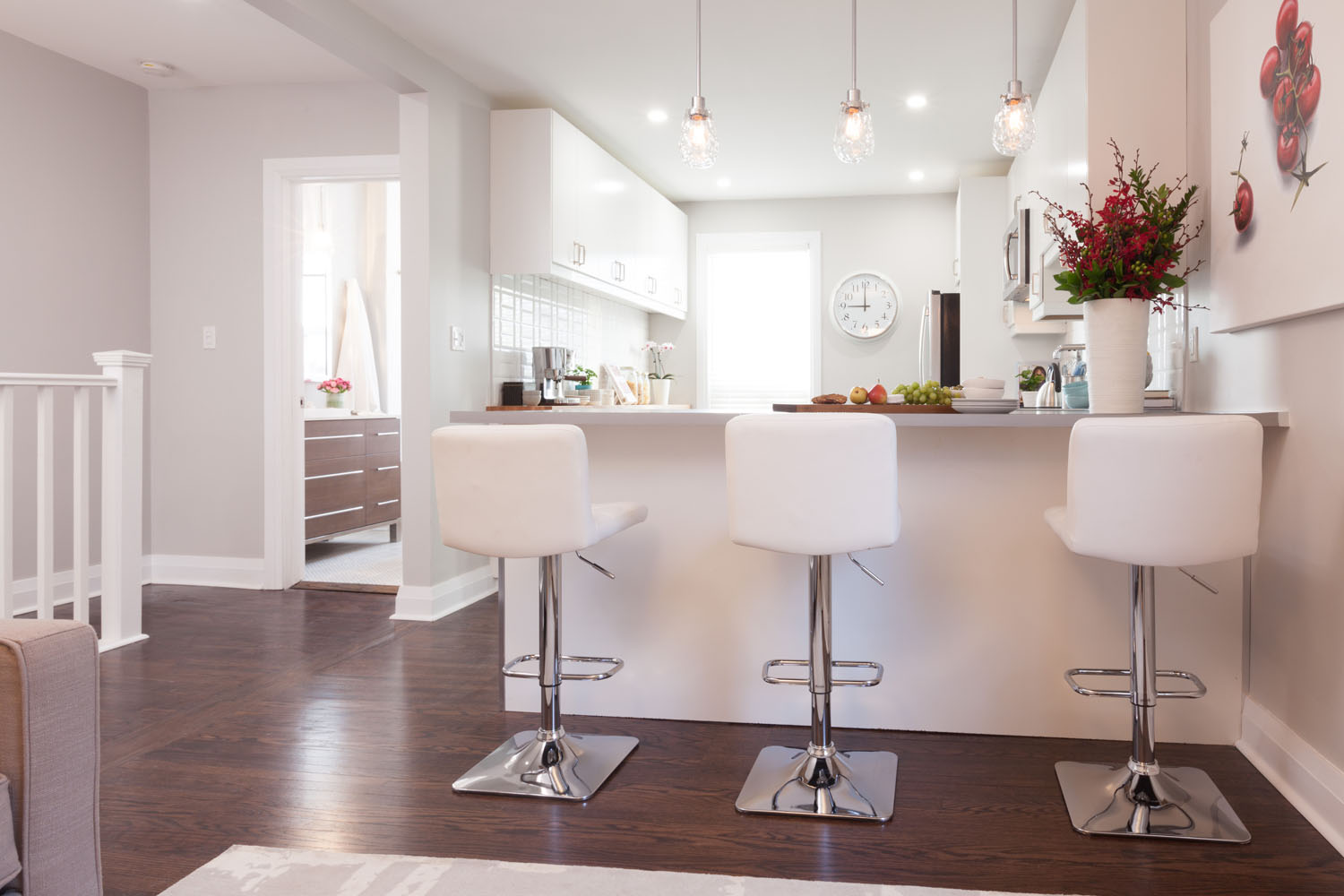
Don’t Create Bad Tenants
The best way to deal with a nightmare tenant is to not create one in the first place. I’m a firm believer that the calibre of your property will dictate the calibre of your tenants, so I make sure my rental units are clean, comfortable and properly updated. I’m also careful to screen, check references, verify income and always trust my gut – no exceptions.

Know Your Rights
Every province has different laws and regulations, so before you become a landlord, make sure you have a clear understanding of your rights and responsibilities. You’ll also want to be familiar with tenant rights and the basic procedures for dealing with disputes.
Discover more of Scott’s tips on owning an income property.
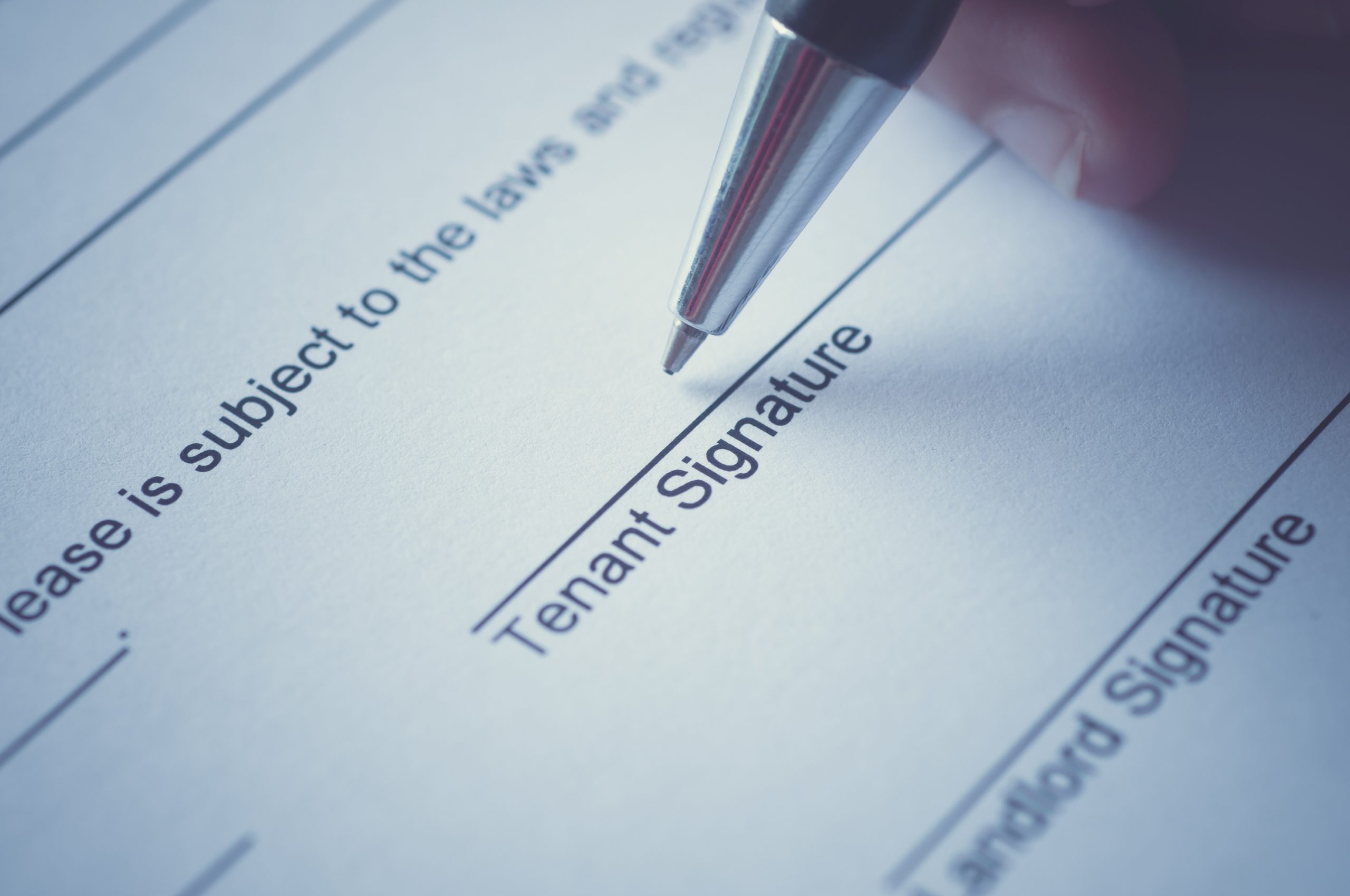
Write Everything Down
Your lease agreement needs to be airtight and should include consequences for bad behaviour. Make sure it details what tenants can and can’t do within their unit, on the rest of the property, the amount of rent and when it’s due and the different payment methods. Also include rules about noise, pets, smoking, tenant and landlord responsibilities, and conflict resolution. Once people have signed a legal agreement, and the outlines of the agreement have been made clear to them, they’re less likely to break the rules.
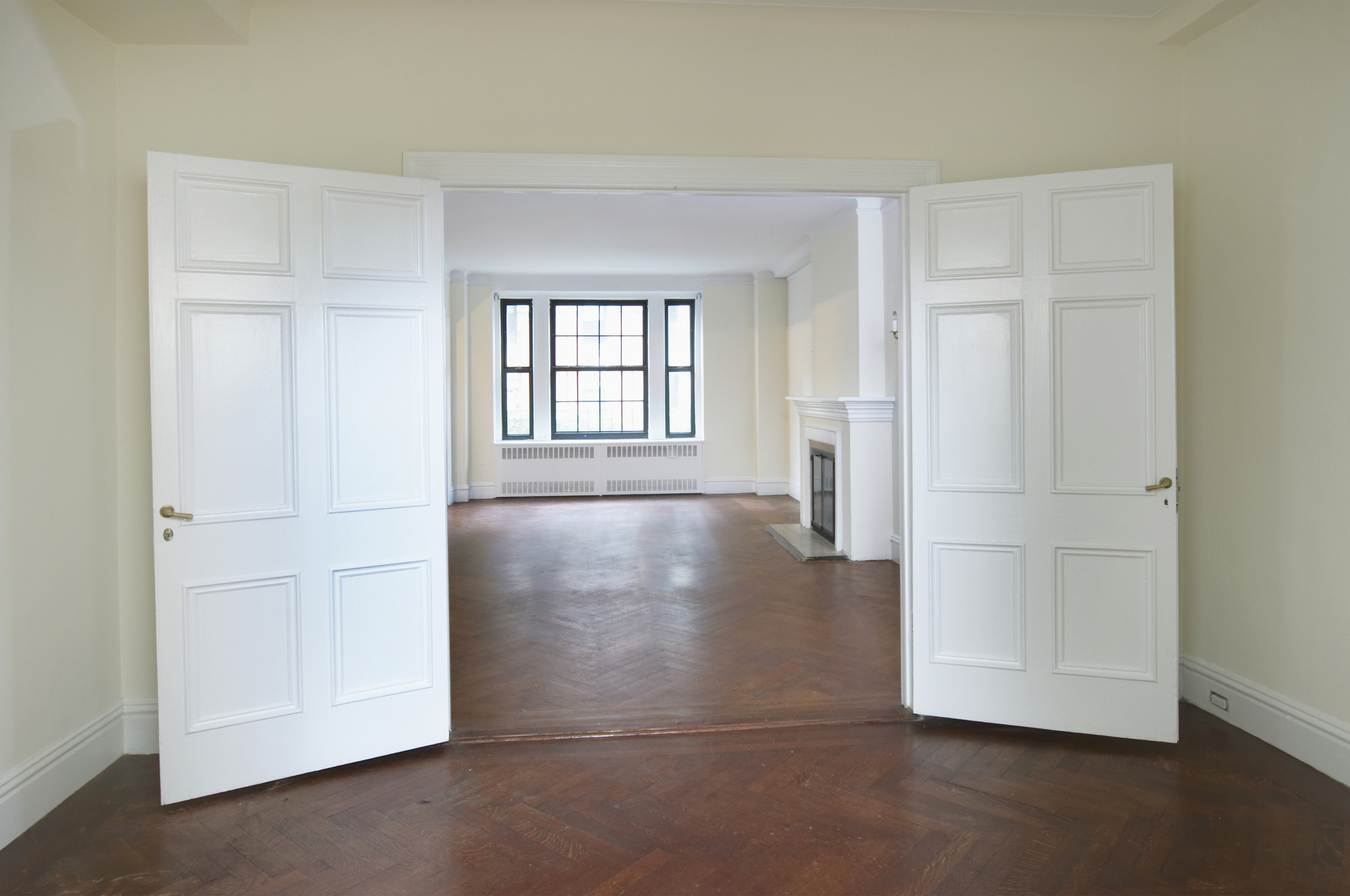
Offer “Buy Back” Incentives
In Canada it’s illegal to ask for a security deposit, however it’s not illegal to offer certain “buy back” incentives to tenants. One of the things I often do is make my rents slightly higher than market value, then I use that extra income at the end of the lease to offer a “buy back” when the tenants are moving out – providing the property is in good shape. A tenant who doesn’t appear to be treating the unit well can be reminded of that financial incentive.

Communication is Key
High maintenance tenants who call at all hours of the night can definitely be a pain. The key here is to communicate. Answer all of their calls and emails (but only during pre-determined business hours, unless it’s a real emergency) in a respectful and professional way. Nothing irritates people more than being ignored, so deal with their issues head on and it might help keep tenants on your side.

Control Your Emotions
When a tenant is worked up about something, it’s easy to respond in the same way. Don’t. Keep a calm and cool head and stay professional. Sometimes a respectful conversation is enough to solve a problem and avoid conflict down the road. At the very least, it’ll keep the discussion from escalating any further.
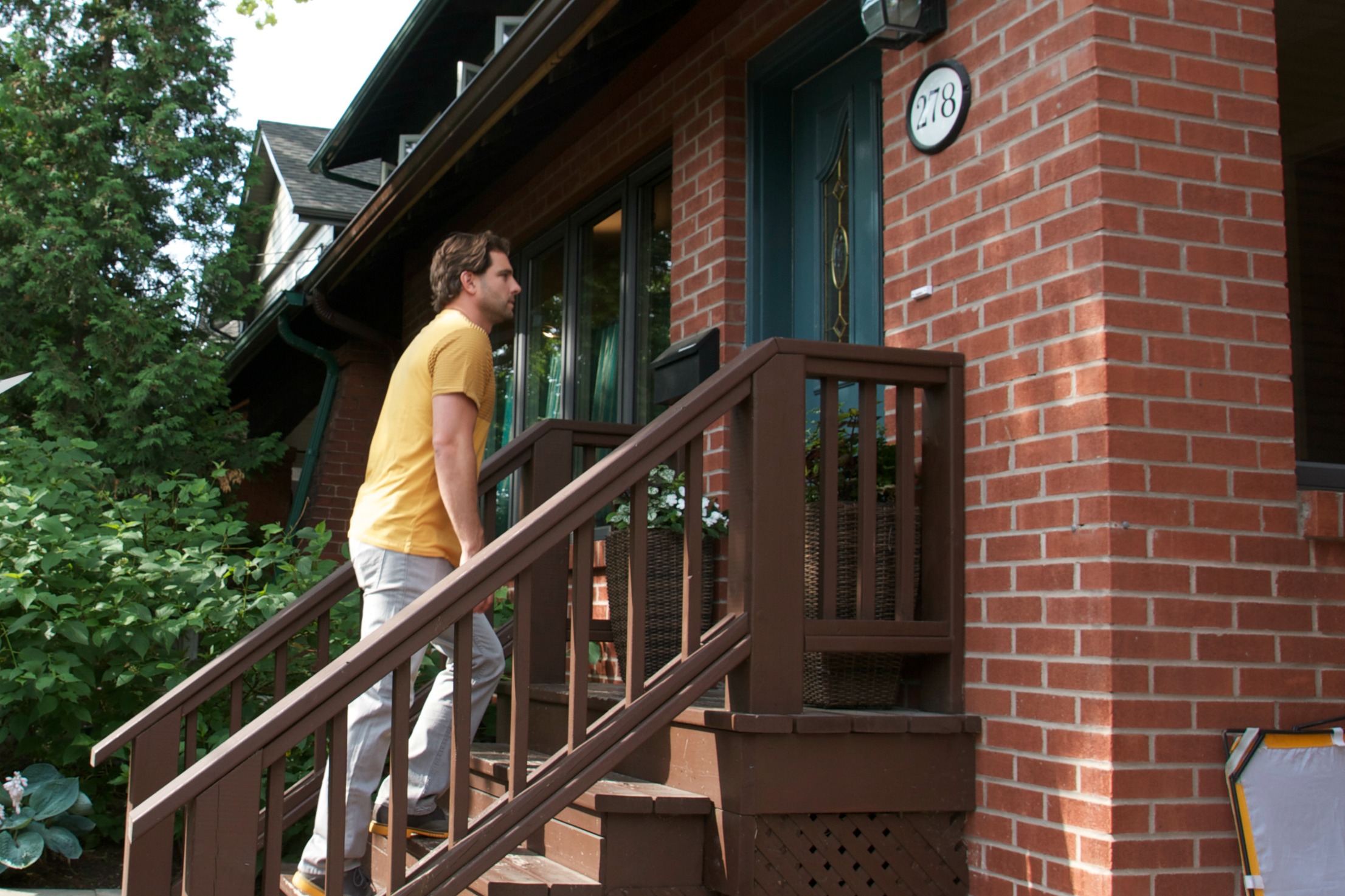
Be Firm
Remember that no matter how much you might like your tenants personally, this isn’t a friendship – it’s a business arrangement. If they have requests you feel are unreasonable, don’t give in. If they’re late with the rent, charge a late fee. You may want to offer a grace period for late payments or broken rules, but it’s important to contact them or pay them a visit right away if something is amiss. Give them a chance to explain and remedy the situation, and then if the problem persists take action.

Be Reasonable
Being firm doesn’t mean you need to be cruel. If I have a tenant who can no longer afford to pay the rent, I try to offer them a less expensive property if I’ve got one available. Another option is to try and strike a deal: if they agree to find somewhere else to live within 60 days, I will wipe the debt they have to me and I will give them a reference saying we parted on neutral terms.

Hire a Property Manager
If dealing with tenant issues is more than you can handle, it might be worth hiring a property manager. It will cost a little bit, but you can hand over the problems for someone else to deal with. This is a particularly good idea if you have a busy full-time job or if you rent out executive suites that have a lot of turnover and require a lot of maintenance.

Asking Tenants to Leave
Sometimes it’s simply worth asking a bad or disruptive tenant to leave. Not everyone will say yes, but it’s worth a shot. You may even want to offer to pay them out in exchange for vacating the unit before the end of the lease. If this is the case, make sure you have it all documented in writing about the exit date, payout and the current and expected condition of the unit
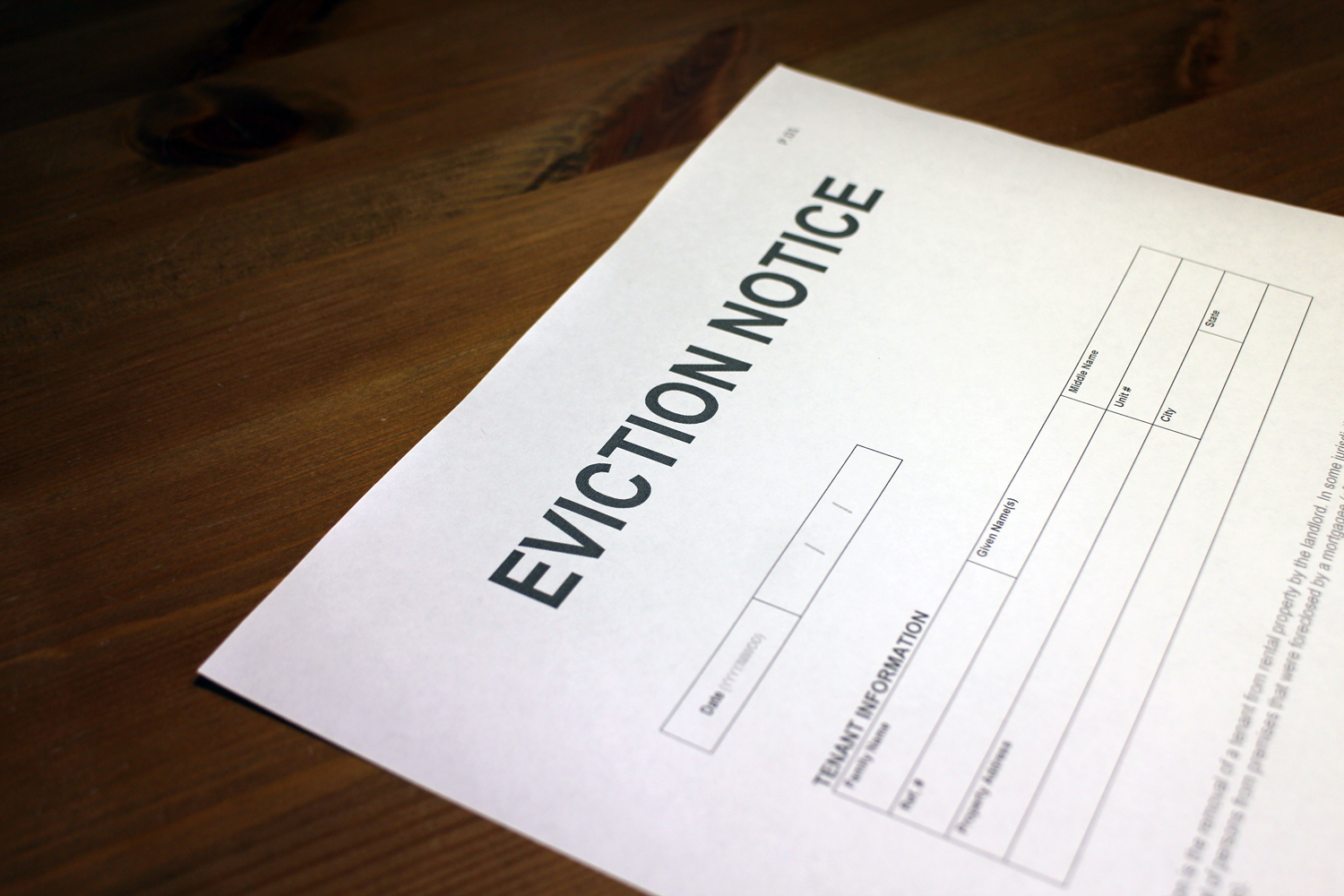
Termination Notices
If things get really bad and your tenants are not respecting the rules of the agreement, there are several types of notices and warnings you can serve them with. Check your local laws to see how to serve the notice, particularly when it’s an eviction notice, and make sure you are serving the correct notice to deal with the specific problem.
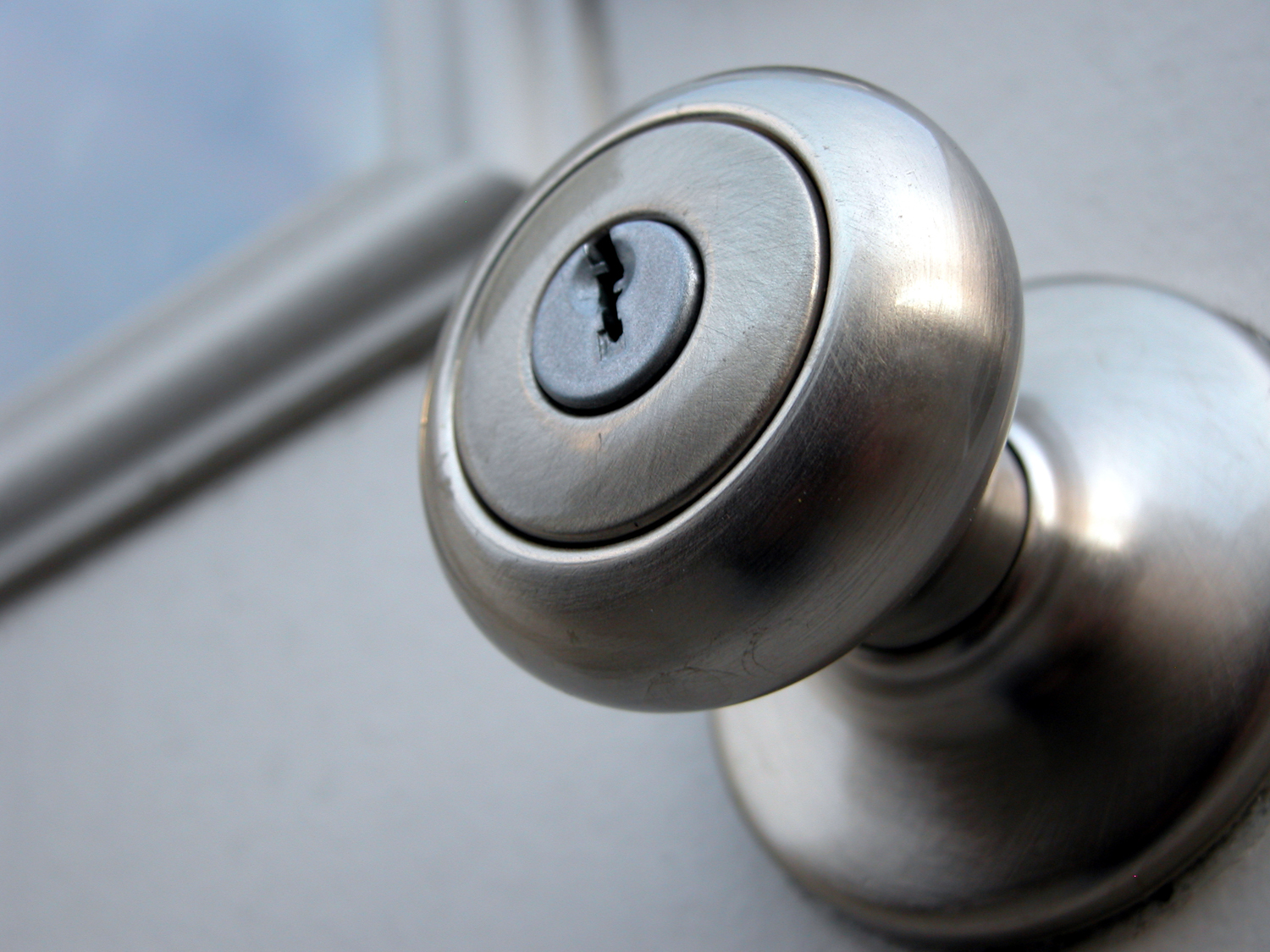
Don’t Punish Bad Tenants
Once termination notices have been served, let the courts handle it. Do not attempt to punish the tenants by changing the locks, cutting off their power or anything like that. Not only is it illegal, it can make the situation much worse. Hire a good lawyer and let them deal with it.
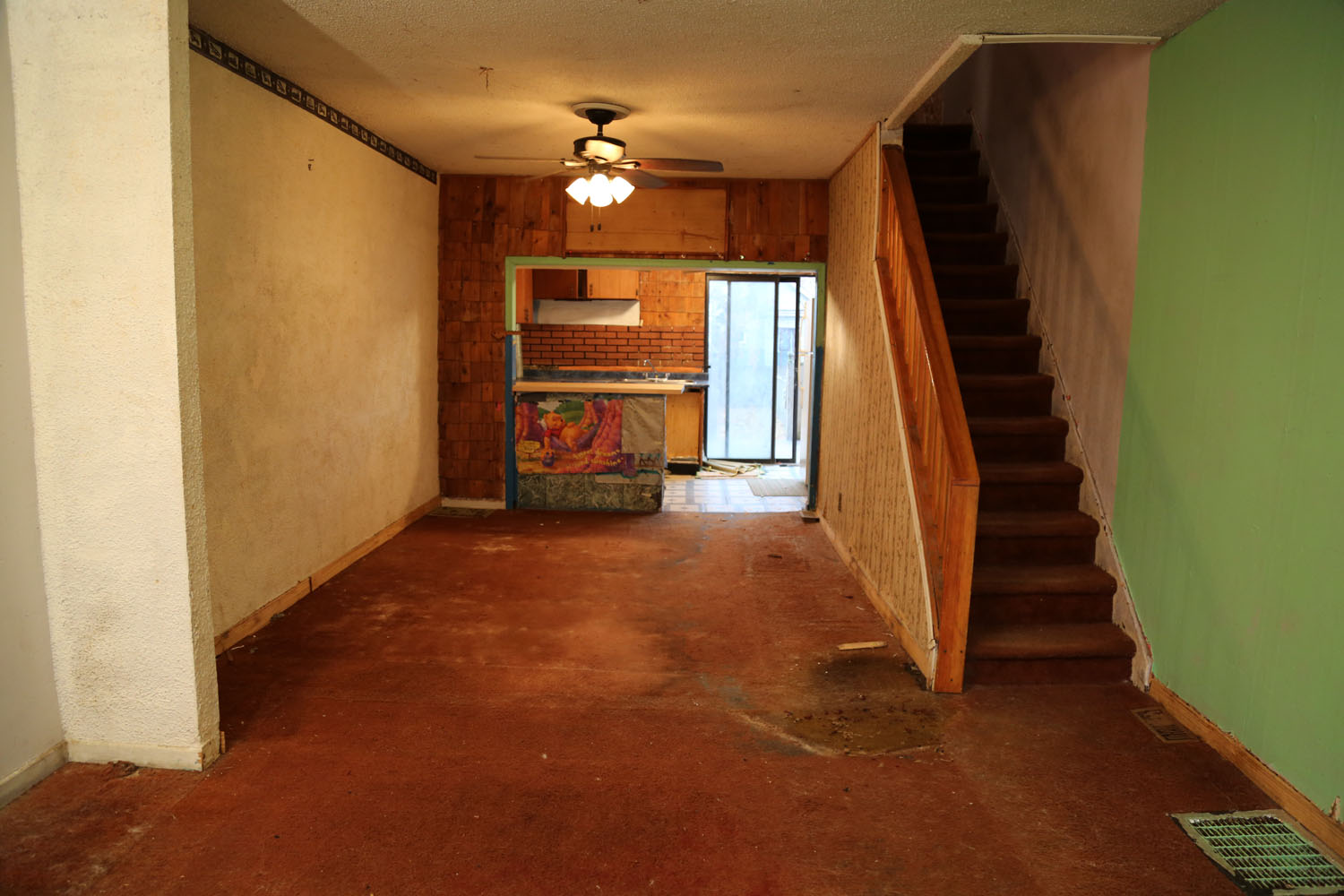
Safety First
While you always want to treat your tenants in a reasonable and professional way, it should never be at the cost of anyone’s safety. If there is any perceived safety threat to you or other tenants within the unit, contact the proper authorities. Same goes if you have any suspicion of illegal activities. Do not attempt to deal with it yourself. Once that’s been addressed by the authorities, you can start the eviction process.

Be a Good Landlord
One of the best ways to avoid nightmare tenants is to be a good landlord. When tenants move in, give them a little welcome gift. Keep the property clean and well-maintained. Be friendly and be available. And take care of all problems quickly. Being a landlord isn’t a free ride, but if you do the job right, it will pay off.
Can’t get enough of Scott? Check out 20 of his most beautiful kitchen renovations!
HGTV your inbox.
By clicking "SIGN UP” you agree to receive emails from HGTV and accept Corus' Terms of Use and Corus' Privacy Policy.




